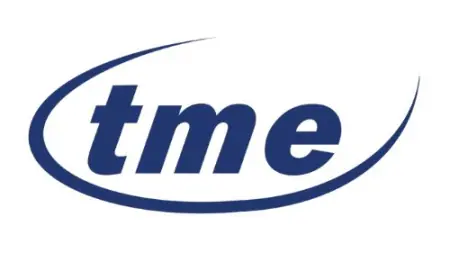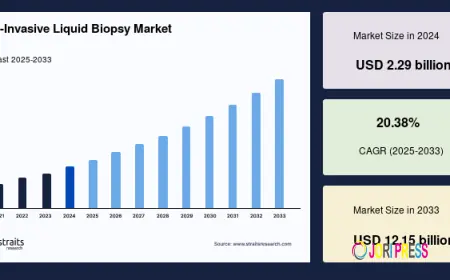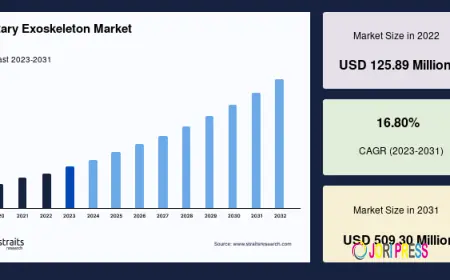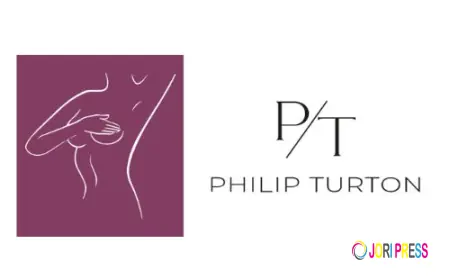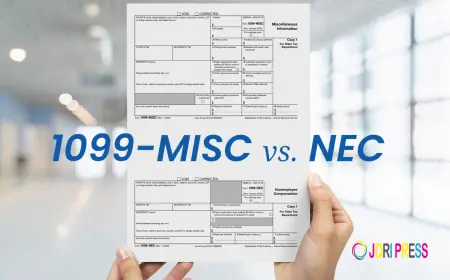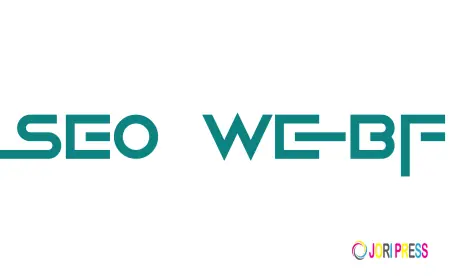Market Trends in United States Health Insurance by 2030
Insurance fraud is a significant challenge in the U.S. health insurance market, driving up costs for both insurers and policyholders.

Industry Key Highlights
The United States Health Insurance Market, one of the largest globally, stood at a staggering USD 1234.45 billion in 2024 and is forecasted to reach USD 1778.32 billion by 2030. This anticipated growth reflects a Compound Annual Growth Rate (CAGR) of 6.98% during the 2025–2030 period. The expansion is driven by increasing healthcare expenditures, rising prevalence of chronic diseases, evolving regulatory frameworks, and shifting consumer behavior towards digital and preventive care solutions.
Health insurance in the U.S. serves as a crucial instrument, providing financial protection against the rising cost of medical services, including doctor visits, hospital stays, surgeries, and prescription drugs. The system, although complex, accommodates various forms of insurance such as employer-sponsored plans, government-provided programs (Medicare and Medicaid), private insurance providers, and ACA marketplace policies.
Key Market Drivers
1. Rising Healthcare Costs
The escalating cost of medical treatments and hospital services remains the most significant driver. The cost of prescription drugs, specialist consultations, diagnostic imaging, and surgical procedures continues to rise, increasing the reliance on comprehensive insurance coverage.
2. Prevalence of Chronic Diseases
Chronic illnesses such as diabetes, cardiovascular disease, and obesity have reached alarming levels. These conditions require long-term care and ongoing medical support, thereby necessitating robust insurance policies.
3. Employer-Sponsored Insurance
A dominant contributor to coverage, employer-sponsored health plans remain highly popular due to cost-sharing benefits and tax incentives. Despite growing premiums, these plans continue to provide extensive coverage to nearly half of the U.S. population.
4. Technological Innovations
The incorporation of AI, telehealth, wearable devices, and big data analytics is revolutionizing the health insurance ecosystem. These tools improve claim processing efficiency, predictive diagnostics, and customer experience.
5. Regulatory Support & Government Programs
The Affordable Care Act (ACA), Medicare, and Medicaid expansions have collectively widened coverage, particularly among low-income and senior citizens, reshaping the accessibility landscape of the market.
Download Free Sample Report: https://www.techsciresearch.com/sample-report.aspx?cid=4785
Emerging Trends in the U.S. Health Insurance Market
1. Telemedicine Integration
Accelerated by the pandemic, telemedicine has transitioned from a novelty to a standard offering. Insurers now provide virtual consultations, e-prescriptions, and digital wellness tools as part of policy offerings.
2. Personalized Health Plans
Customization is becoming the norm. Consumers demand plans tailored to their medical history, lifestyle, and financial capacity. Insurers are adopting data-driven models to offer bespoke coverage packages.
3. Value-Based Care Models
Traditional fee-for-service models are gradually giving way to value-based care. This approach rewards healthcare providers for improving patient outcomes, thus promoting efficiency and accountability.
4. Emphasis on Mental Health Coverage
Mental health services are increasingly included in standard insurance plans, with an emphasis on therapy, counseling, and addiction treatment, reflecting a broader recognition of mental health as a critical component of well-being.
5. Integration of Preventive & Wellness Programs
Insurers are investing in preventive health programs including annual screenings, gym memberships, nutrition counseling, and smoking cessation support to minimize long-term costs.
Segmentation Overview
By Insurance Provider:
- Public Providers: Medicare, Medicaid
- Private Providers: Anthem, UnitedHealthcare, Cigna, Oscar Health
By Type of Coverage:
- Individual Plans: Customized for self-employed or non-employed individuals
- Family Plans: Broader coverage including dependents
By Mode of Purchase:
- Direct through insurers
- Through agents/brokers
- ACA marketplace
By End User:
- Minor
- Adult
- Senior Citizen
Regional Insights
Northeast: The Growth Epicenter
The Northeast region is emerging as a key growth hub due to high population density, a larger aging demographic, and advanced medical infrastructure. States like New York and Massachusetts show higher insurance penetration and a stronger inclination towards private insurance products.
Southern & Midwestern States
States like Texas and Florida display robust growth in public insurance uptake due to a rising population and federal policy interventions. Meanwhile, Midwestern regions focus on hybrid plans combining public and private elements.
Competitive Landscape
The United States health insurance market is intensely competitive, with major players engaging in strategic collaborations, digital innovation, and geographic expansion.
Leading Players Include:
- Anthem Insurance Companies, Inc.
- UnitedHealthcare Services, Inc.
- State Farm Mutual Automobile Insurance Company
- Centene Corporation
- Cigna Corporate Services, LLC
- Allianz SE
- Humana, Inc.
- CVS Health
- Oscar Health Inc
- Aetna Inc.
These companies are investing in advanced data analytics, personalized healthcare, customer service automation, and diversified product portfolios to retain competitive advantage.
10 Key Benefits of This Research Report
- Comprehensive Market Size Data: Provides historical, current, and projected figures.
- In-Depth Segmentation Analysis: Offers breakdowns by provider type, coverage, purchase mode, and end user.
- Regional Performance Insights: Evaluates market trends and growth by U.S. regions.
- Trend Identification: Highlights emerging technologies and service models.
- Competitive Analysis: Maps key players and their market share.
- Investment Opportunities: Identifies growth segments and untapped potential.
- Policy Impact Assessment: Evaluates implications of federal and state healthcare reforms.
- Consumer Behavior Trends: Insights into preferences shaping product design.
- Forecasting & Modelling: Data-driven projections up to 2030.
- Strategic Recommendations: Actionable suggestions for stakeholders and investors.
Future Outlook
The future of the U.S. health insurance market is defined by personalization, digitization, and diversification. As the nation grapples with aging demographics, economic disparities, and increasing healthcare needs, the insurance landscape will continue to evolve.
Key expectations for the coming years include:
- Expansion of Government Programs: Broader Medicare and Medicaid adoption
- Tech-Driven Disruption: Rise of digital-first health insurers and AI-based underwriting
- Broader Mental Health Access: Inclusion of behavioral health in mainstream plans
- Affordable Care Reforms: New legislation to stabilize insurance markets and premiums
Moreover, with ESG (Environmental, Social, and Governance) considerations entering insurance underwriting and policy frameworks, ethical investing and sustainability-linked health coverage could become mainstream.
Conclusion
The United States health insurance market is at a pivotal juncture, evolving rapidly in response to technological shifts, consumer expectations, and policy developments. With a strong CAGR, increased private participation, and growing digital adoption, the sector is poised for sustainable, inclusive growth. This transformation presents immense opportunities for insurers, healthcare providers, policy makers, and technology innovators to shape a more responsive and resilient health insurance ecosystem for the future.
Contact Us-
Mr. Ken Mathews
708 Third Avenue,
Manhattan, NY,
New York – 10017
Tel: +1-646-360-1656
Email: [email protected]
Website: www.techsciresearch.com
What's Your Reaction?
 Like
0
Like
0
 Dislike
0
Dislike
0
 Love
0
Love
0
 Funny
0
Funny
0
 Angry
0
Angry
0
 Sad
0
Sad
0
 Wow
0
Wow
0






